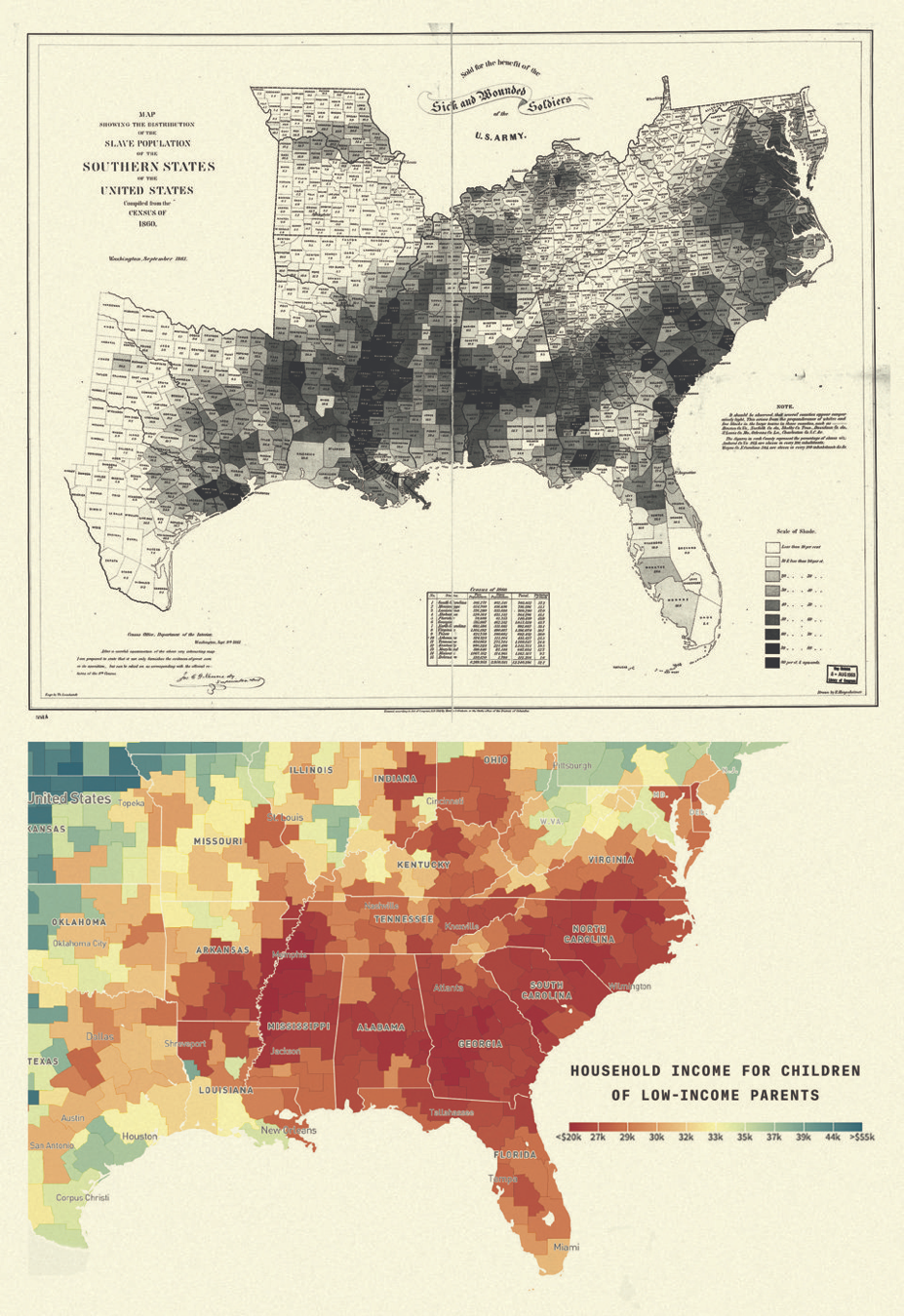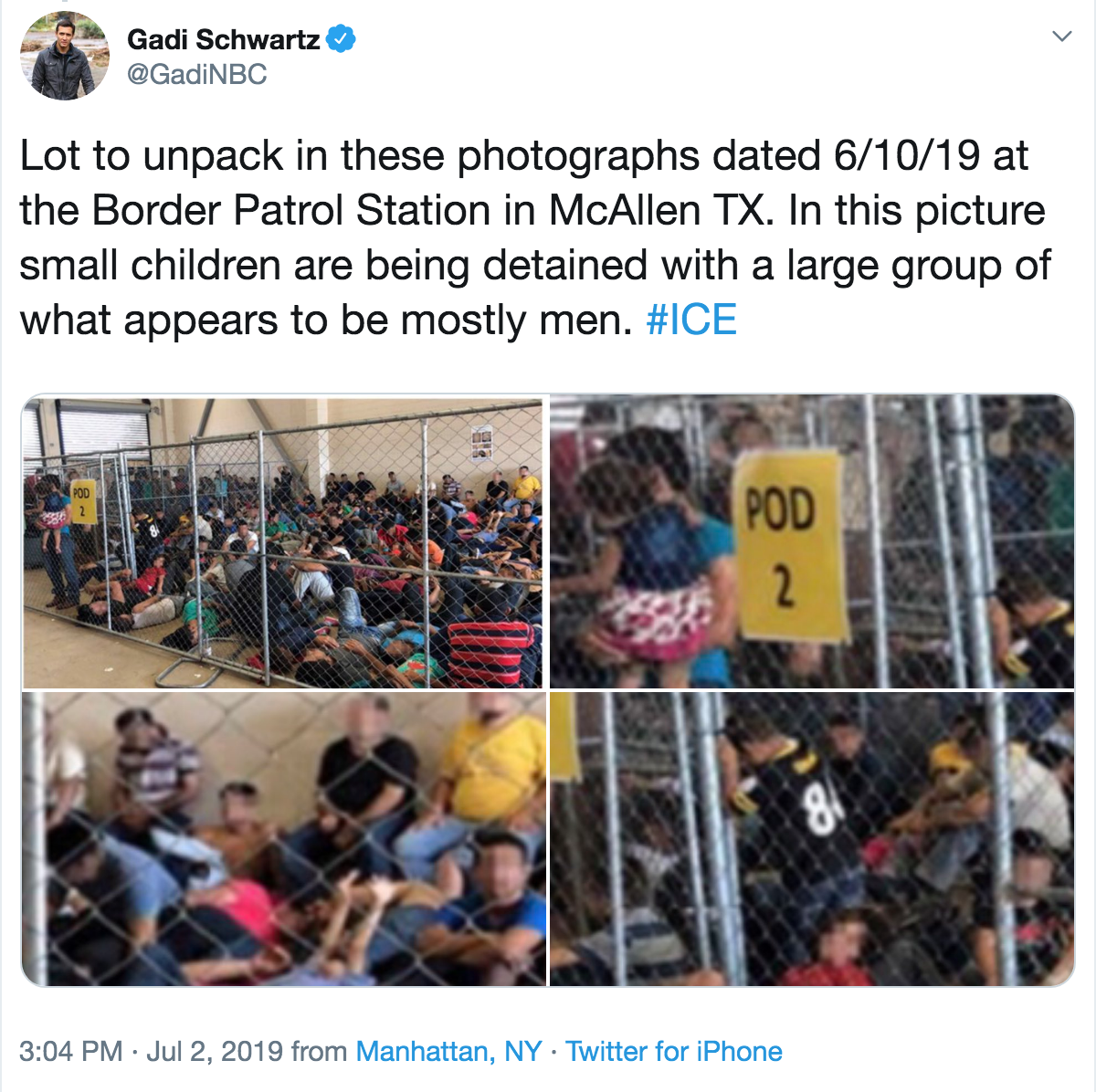A sign that the national popular vote movement threatens to succeed is this well-funded Republican effort to repeal Colorado's adoption of the National Popular Vote Interstate Compact.
The goal for the Republicans is simple: maintain the possibility of obtaining the presidency while having most Americans vote against their nominee. This is called minority rule. It is utterly inconsistent with the Constitution which was specifically designed to have a majority pick the president—a majority of electors, state delegations, or Senators, as the situation required. This original intent has been twisted over time to be a mechanism by which voters in a consortium of states dominated by one party, plus pluralities in five or fewer swing states, choose the president, even while most Americans vote for someone else.
Some Republicans believe their party and the country would be better off if their party did not depend on the archaic and otiose electoral system to produce a Republican chief executive. They are being overcome by the party professionals and big donors who believe Donald Trump represents the sort of nominee the party will continue to produce, like it or not, and that therefore their nominee cannot win the national popular vote. These people generally favor keeping the country on the carbon platform that is burning up the world, maintaining the current levels of income and wealth allocation, and the current tax policies. They may not support the immigration or trade policies of the administration but they believe these stances are useful ways to win the electoral college and so must be tolerated.
Most Americans do not agree with these policies. If the national vote chose the president, neither party would nominate people who deny climate change, adopt racial references to rile up white voters, support extreme income and wealth inequality, or conduct trade wars that raise costs for all Americans. Democracy is, as it is supposed to be, the method of having political leaders do what most people want.
But in Colorado, not to mention most of the country, you still see people like Governor Hickenlooper in this article, fail to note the importance of the national vote as a fight for democracy. It is time for the national vote reform to battle on a big stage.
To defeat the repeal effort, it will be necessary to contest the issue in three ways:
1. Get national and local attention to the issue, which is democracy versus autocracy. Let there be no mistake: the repeal cause in Colorado has its source in the battle for a permanent minority to choose the president.
2. Coordinate all grassroots activity in Colorado in an open, collaborative manner, with experienced personnel handling the many dimensions of the contest, as was done in the 2018 victories against gerrymandering in Michigan and elsewhere.
3. Use the legal resources of Making Every Vote Count and any other volunteers to take all appropriate issues to all appropriate courts, while endorsing the fundamental idea that a ballot measure to have the people pick the way to pick the president is precisely in line with the fundamental cause here: democracy should be expanded in America.






